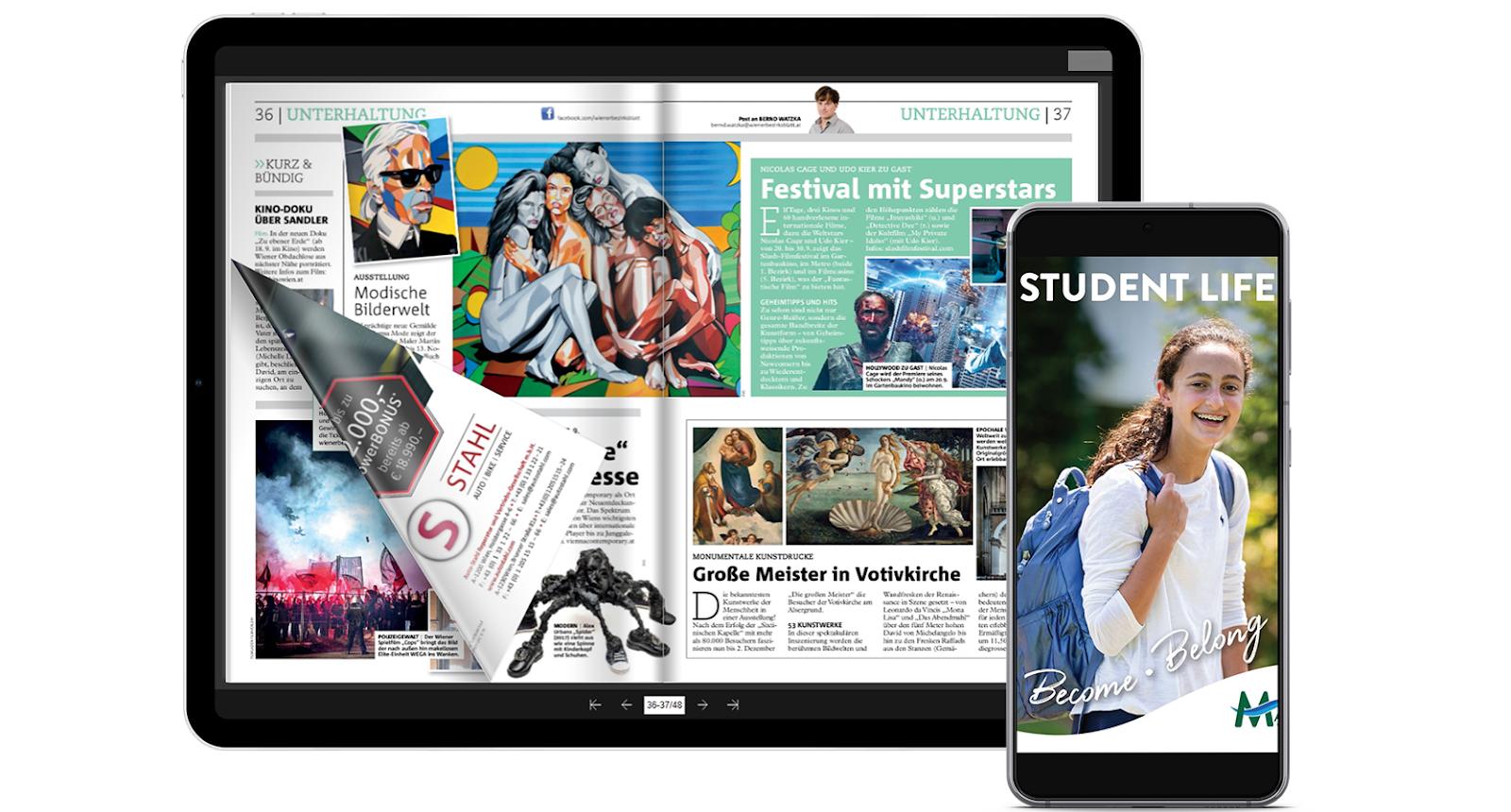MCQ - EDU 01; UNIT O1- TEACHER AND EDUCATION
1. What does duco indicate?
a. To lead
b. Draw out
c. Extract out
d. Out of
2. “Education is the natural, harmonious ad progressive development of man, so that he can make an original contribution to the human life according to his best capacity”
a. Mahatma Gandhi
b. Pestalozzi
c. Plato
d. John Dewey
3. What suits the meaning of education more accurately?
a. Being able to provide for one self
b. Acquisition of knowledge and experience
c. Development of habits, attitudes and skills which help a man to lead a full and worthwhile life
d. Understanding the working of world
4. “By education I mean an all around drawing out of the best in child and man- body and spirit”- said who
a. Mahatma Gandhi
b. Aristotle
c. Addison
d. Swami Vivekananda
5. Which of these doesn't go with the narrower meaning of education?
a. The teachings are indirect and incidental
b. It involves a specific environment for formative years of human life
c. Imparted through instruction, discipline and development of inner powers
d. Agencies include schools and colleges
6. Eliminate the general aim in the given options
a. Vocational aim
b. Knowledge aim
c. Cultural aim
d. Individual development aim
7. Meaning of social efficiency aim
a. Complete development of the individual
b. Realization and practice of higher value of life in a society
c. Protecting the true essence of spiritualism and religion
d. Apt social awareness, economics productivity and culture-moral refinement
8. Which aim is called bread and butter aim
a. Nature aim
b. Complete living aim
c. Vocational aim
d. Leisure aim
9. Name a non formal mode of education
a. Schools
b. Colleges
c. Tuition classes
d. Driving classes
10. What makes non formal method of education different from the informal one?
a. Control on environment
b. Rigidity in duration
c. Presence of examination
d. Presence of teachers/educators
11 . Who is a philosopher, in the original sense of the word?
A. Someone who studies the stars and planets.
B. A person primarily interested in the truth about moral matters.
C. A lover and pursuer of wisdom, regardless of the subject matter.
D. A clever and tricky arguer.
12. Profession as a noun is defined as?
A. A person who teaches or instructs useful information
B. vocation requiring knowledge of some department of learning or science
C. A person or thing that leads and develops ideas and skills.
D. A person who speaks about what they are educated in
13. “Reverse the usual practice and you will almost always do right” was the dictum of
A. Plato B. Rousseau C. Mahatma Gandhi D. Dewey
14. Cultural lag means
A. Material culture tends to change rapidly while non- material part slows down.
B. Sharing of a cultural trait from one society of people to another
C.
Tendency to adopt materialistic life style
D. None
15. The aim of basic education, as per the dream of Mahatma
Gandhi is to
I. Create a classless society
II. Create a Sarvodaya Society
III. Create a society respecting all religions
IV. Create a society where a rich and poor can live together
(a.) All I, II, III and IV are correct.
(b.) Statements I, II and III are correct.
(c.) Statements II, III and IV are correct.
(d.) Statements I, II and IV are correct.
16. imparting education through crafts or productive activities closely relating it to the sphere of daily life, is an example for
a. child centered education
b. life centered education
c. negative education
d. formal education
17. which of the following is a characteristic feature of life centered education?
a. It involves the principles of love and free discipline.
b. It develops qualities of leadership, loyalty, co-operation, sympathy, honesty, etc.
c. The children actually live their learning experiences and learns through observation, imitation,
and by doing.
d. the child comes to the focus of the educative process and the subjects, the prescribed
curriculum, the teachers, and the form and methods become subsidiary things.
18. education as a tripolar process includes which of this element other than student and a teacher
a. society
b. technology
c. books
d. activities
19. teaching is considered as an art because,
a. it includes communication aspects
b. it has to be well planned and prepared
c. it is trial and error based
d. it involves different methods and techniques
20. which competency allows the teacher to adjust to the school management and environment?
a. reflective competency
b. organizational competency
c. content competency
d. teamwork competency

